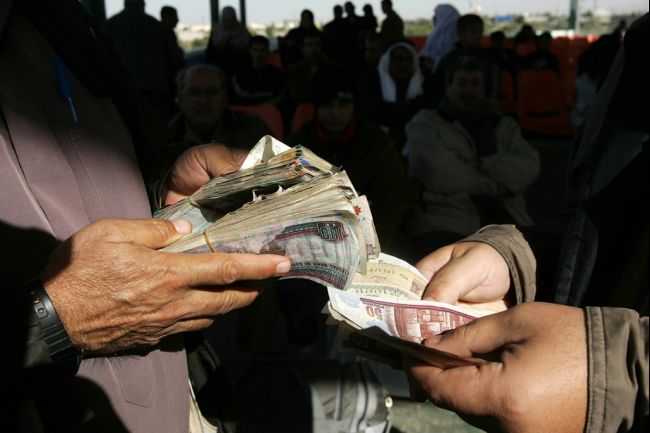Egypt has signed two agreements with the Islamic Development Bank (IsDB) Group totalling $1.6bn to enhance trade and empower the private sector.
The agreements were witnessed by Rania Al-Mashat, Minister of Planning, Economic Development, and International Cooperation, and Governor of Egypt at the IsDB Group. The signing ceremony was also attended by Kamel Al-Wazir, Deputy Prime Minister for Industrial Development, Minister of Industry and Transport; and Sherif Farouk, Minister of Supply and Internal Trade.
One agreement, a $1.5bn annual work programme with the International Islamic Trade Finance Corporation (ITFC), will provide financing for the Egyptian General Petroleum Corporation (EGPC) and the General Authority for Supply Commodities (GASC). The EGPC will receive $800m, while the GASC will receive $700m.
This funding will support Egypt’s food security by securing essential commodities and supplying petroleum products to enhance energy availability. The agreement was signed by Hani Salem Sonbol, CEO of ITFC; Hossam Ahmed El-Grahy, Vice Chairperson of GASC; and Amal Tantawi, Deputy CEO for Financial and Economic Affairs at EGPC.
A second agreement, with the Islamic Corporation for the Development of the Private Sector (ICD), will provide $100m in financing to Egyptian financial institutions to support small and medium-sized enterprises (SMEs) and large private sector companies in strategic sectors. The agreement was signed by Sonbol, Acting CEO of ICD. The programme also includes direct investments, advisory services on Islamic sukuk, and capacity-building initiatives for workers in this field.
Al-Mashat stated: “Signing of new partnerships strengthens our joint efforts to enhance food security, provide strategic commodities, empower the private sector, and support exporters in accessing international markets.” She expressed gratitude to the ITFC and ICD for their support of Egypt’s economic development.
She also commended the ITFC’s role in supporting foreign trade, particularly through programmes such as “Arab-Africa Trade Bridges,” “She Trades 2,” and “Step Towards Export (Step 2).” She noted that the ICD agreement aligns with the government’s plan to increase private sector involvement in Egypt’s development.
Al-Wazir highlighted the ITFC and ICD’s vital role in supporting Organisation of Islamic Cooperation (OIC) member countries through innovative financial solutions and development projects. He emphasised the importance of collaborative efforts to support key sectors such as industry and transport.
Farouk stated: “The allocation of $700m from the ITFC for the GASC… reflects the institution’s commitment to supporting the government’s efforts to achieve food security and fulfil the state’s obligations to its citizens.” He added that the cooperation is crucial for securing strategic commodity needs and ensuring market stability.
Sonbol, CEO of ITFC, noted that the ITFC has approved $18.7bn in funding for Egypt since 2008, and will continue to increase cooperation and offer new programmes in 2025. He also stated that the ICD will strengthen its partnership with Egypt by providing funding for private-sector development and support for SMEs.



